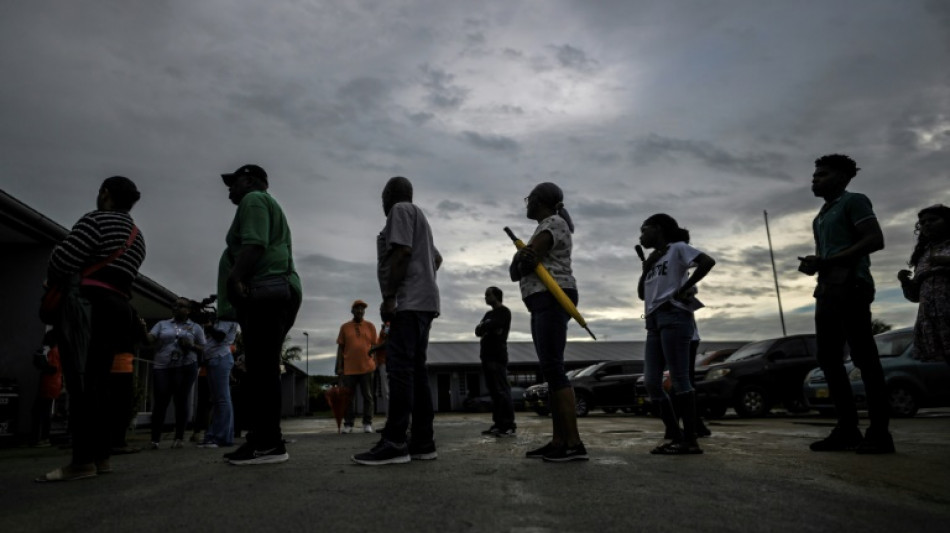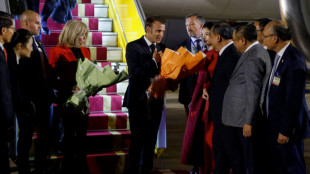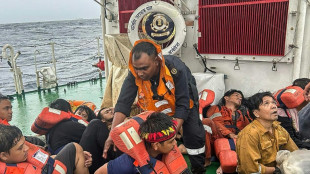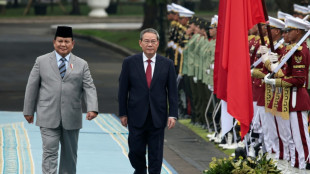

Suriname votes for new government to steer oil windfall
Voting began Sunday in Surinamese parliamentary elections that will determine who will harness giant oil wealth to carry out a rags-to-riches transformation of the smallest country in South America.
The tiny nation -- the only one in the Americas with Dutch as its official language -- is battling high debt, rampant inflation and poverty affecting nearly one in five of its 600,000 inhabitants.
But recent offshore crude discoveries suggest this may all be about to change.
"It will be a huge amount of income for the country," incumbent President Chan Santokhi told AFP this week. "We are now able... to do more for our people so that everyone can be part of the growth of the nation."
On Sunday, Surinamese began electing a new parliament of 51 members, who within weeks must choose a new president and vice-president for a five-year term.
Santokhi is constitutionally eligible for a second term but, with no single party in a clear lead, pollsters are not picking any favorites.
"We have laid the foundations for economic stability and we need to build on that," Defence Minister Krishna Matheora told AFP after voting as the polls opened early Sunday, arguing it was "important" for Santokhi's Progressive Reform Party (VHP) to win.
Whoever does take the reins will have a grand opportunity to transform the country's fortunes.
Experts say Suriname stands to make billions of dollars in the next decade or two from recently discovered offshore crude deposits.
French group TotalEnergies announced last year a $10.5 billion project to exploit an oil field off Suriname's coast with an estimated capacity of producing 220,000 barrels per day.
Production should start in 2028 and the country has created a "Royalties for Everyone" fund to put money from the expected windfall directly into the hands of citizens.
- China alliance -
Fourteen parties are taking part in Sunday's election, including Santokhi's centrist VHP and the leftist National Democratic Party (NDP) of deceased former coup leader and autocrat-turned-elected-president Desi Bouterse.
Also in the running is the center-left General Liberation and Development Party (ABOP) of Vice President Ronnie Brunswijk, a former guerrilla who rebelled against Bouterse's government in the 1980s.
Provisional results are expected by late Sunday.
Suriname, a diverse country made up of descendants of people from India, Indonesia, China, the Netherlands, Indigenous groups and African slaves, marks its 50th anniversary of independence from the Dutch throne this November.
Since independence, it has looked increasingly towards China as a political ally and trading partner and, in 2019, became one of the first Latin American countries to join the Asian giant's Belt and Road infrastructure drive.
US Secretary of State Marco Rubio made a stopover in Suriname in March on a Latin American tour aimed at countering China's growing influence in the region.
More than 90 percent of the country is covered in forest and it is one of few in the world with a negative carbon footprint.
Santokhi insists this status is not in danger and that Suriname can use its oil windfall "for the transition towards the green energy which we need, also because we know the fossil energy is limited."
"It will be gone after 40 years."
G.Werner--NRZ



